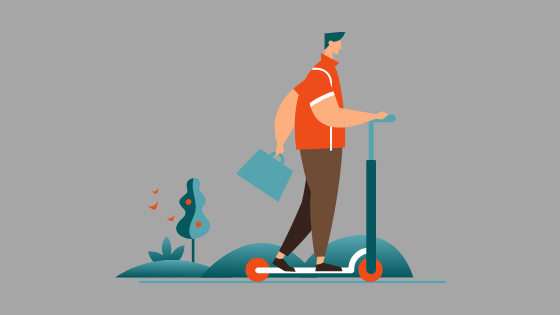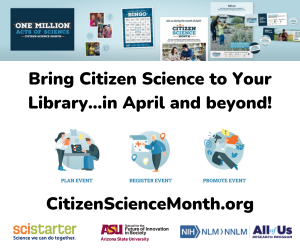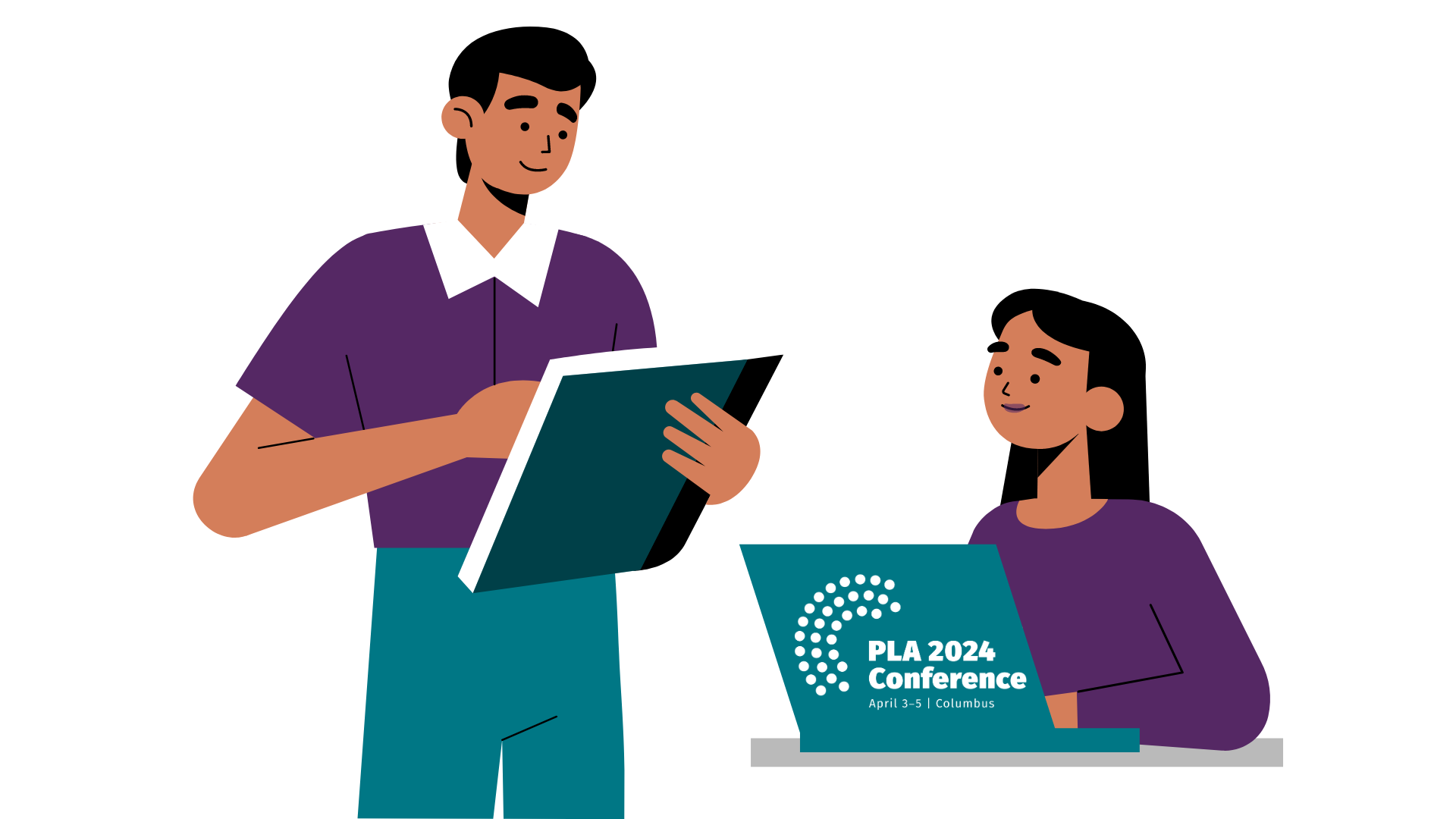Rage Programming: Anger as Program Inspiration

One day, the sidewalks were empty. The next day, they were everywhere. The scooters. Dockless electric scooters, to be exact. They had suddenly appeared on the sidewalks of the DC metro area, where I live and work. They were scattered haphazardly: some on front lawns, some in driveways, some blocking wheelchair ramps. Some were standing upright, some lying on their sides like roadkill. And those were just the dormant ones. When in use, they were ridden in the streets, in and out of bike lanes, and on the sidewalk. Often, I saw children who were obviously below the minimum age for riders (18 years) riding two at a time. It was absolute chaos, and it made me livid.
When I thought about why exactly this situation made me so angry, I hit upon what seems to me a universal truth: so many of our problems are caused by a lack of education and public awareness. Here was a fantastic innovation: a low-cost, equitable alternative to fossil-fuel based transportation that required little to no skill to operate, and yet this opportunity was being squandered by misuse. The problem was in the implementation: the scooters had appeared on the sidewalks without explanation, stirring up instant curiosity and inspiring instant misuse by a public uninformed about usage guidelines and basic safety measures. I was angry at the gap between what was possible and what was happening. As a public librarian, a public educator, what tools did I have to tackle this problem?
I contacted scooter companies in the area and invited them to partner with us on a safety-training information session at the library. I also invited the county’s transportation department, which oversees the Shared Mobility Device (SMD) program to answer patron’s location-specific questions. We cleared out the auditorium and created a small indoor track. After signing multiple waivers, patrons were allowed to test drive scooters and e-bikes inside the library. It was a great opportunity for patrons to air grievances and ask questions of the parties responsible for the Shared Mobility Device program – scooter companies and local government.
Did a single information session/fun scooter party solve the problem? Of course not. But the goal of library programming is not to effect instant and radical change. Whereas teachers working within the formal education system have five days a week to instill new ideas in their students, public librarians often have only one-off sessions to get people thinking. And those of us working with the general public know that few things bring people through the doors like a common complaint.
So much of library programming is determined by library staff’s personal preferences, but what if our personal pet peeves could inform our programming just as easily? Chances are, if you’re angry about something, some of your patrons are as well. I call it “rage programming” using anger as a starting point for examining a problem and developing programming around it.
Popular wisdom tells us that anger is a negative emotion, and one of many that are inappropriate to express in professional settings. Historically female-dominated professions like librarianship are populated with professionals who are accustomed to grinning and bearing any number of daily micro and macroagressions. The notion of openly acknowledging and naming our anger in a professional setting can seem counterintuitive.
But anger can also be unifying, as evidenced by the recent resurgence of popular protests throughout the United States. From the Women’s March to the March for Our Lives, protestors are brought together and inspired to organize by a common anger. According to the Dalai Lama, “There are two types of anger. One type arises out of compassion; that kind of anger is useful. Anger that is motivated by compassion or a desire to correct social injustice, and does not seek to harm the other person, is a good anger that is worth having.”1
The act of releasing anger can be unifying as well. From contact sports to mosh pits to the recent popularity of axe-throwing and rage/smash/anger rooms, some of our most memorable social activities are constructed around this sort of collective catharsis.
Library programming can present opportunities to channel anger into creativity and self-improvement. Self-defense classes teach us that anger can be a source of strength. Anger Management teaches us to recognize and remedy when our anger becomes harmful. Hapa-zome, the Japanese art of pounding flowers to create designs on cloth, is an easy craft program and a great stress reliever. Whether you’re making DIY stress balls or gathering to make protest signs, the common, all-too-human experience of anger can inspire useful and powerful programs.
As public librarians, we provide
services to some of our community’s most vulnerable populations. We witness, on
a regular basis, the extent to which life can be unfair, unjust, cruel and
scary. Anger is a natural reaction to these conditions, and examining the
causes and remedies of our anger can inspire novel library programming.
Reference
- XIV, Dalai Lama, and Noriyuki Ueda. 2019. Be Angry. Newburyport: Hampton Roads Publishing Company, Incorporated. http://public.eblib.com/choice/PublicFullRecord.aspx?p=5662730.
Further Reading
- “Anger Management.” San Francisco Public Library. Accessed May 04, 2019. https://sfpl.org/?pg=1020645701.
- Fetterly, Anne. “Free Art Workshop on Hapa-Zome / Flower Pounding.” My Creston ow. Accessed May 04, 2019. https://www.mycrestonnow.com/event/free-art-workshop-hapa-zome-flower-pounding/.
- “‘Rage Rooms’ Let You Smash Away Stress.” NBC Southern California. March 14, 2019. Accessed May 04, 2019. https://www.nbclosangeles.com/news/national-international/Rage-Rooms-Let-You-Smash-Away-Stress-507142592.html.
- “Self Defense Class for Women.” District of Columbia Public Library. July 28, 2017. Accessed May 04, 2019. https://www.dclibrary.org/node/57709.
- “Throw an Axe for the Stacks.” EveryLibrary Action. Accessed May 04, 2019. https://action.everylibrary.org/axes_for_the_stacks.
Tags: library programming







